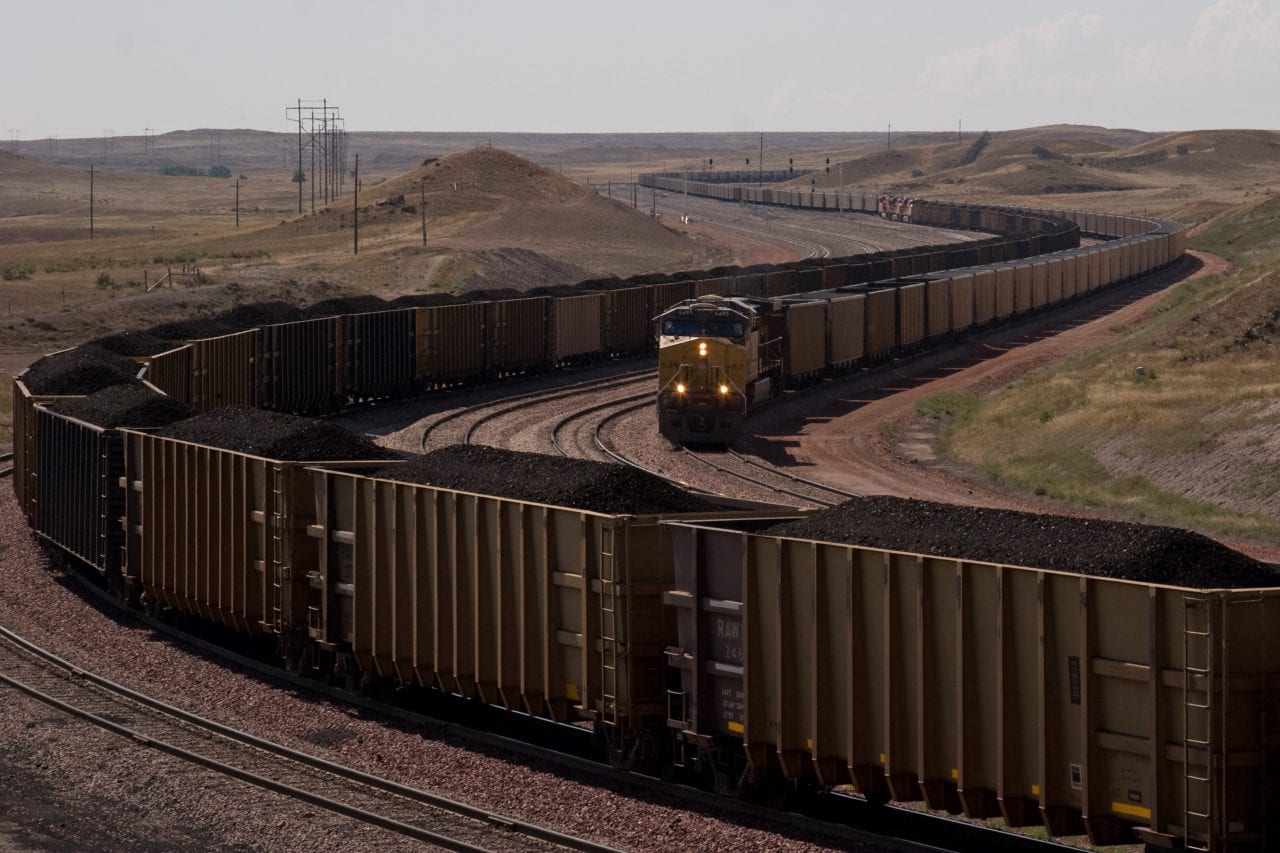Winter Demand for Coal, Gas Falls Across EU Despite Energy Concerns

An analysis from an energy research group shows European Union (EU) countries burned less coal and natural gas for power generation than in prior years, despite an ongoing energy crisis driven by Russia's invasion of Ukraine.
A study from Ember, a think-tank based in the UK, said coal-fired generation in the EU dropped 27 TWh between October 2022 and March 2023, an 11% year-over-year decrease. A dwindling supply of natural gas from Russia, as that country cut deliveries to Europe as governments issued sanctions against Moscow due to its aggression against Ukraine, resulted in gas-fired generation falling 38 TWh-a 13% drop-from the same period in the previous winter.
Ember said the worst impacts of the energy situation were avoided, thanks to a mild winter and an increase in the use of renewable energy. Demand for electricity fell, with Ember reporting that total EU electricity demand was down 6% on the five-year average." The group said wind, solar, and hydropower output topped generation from coal and natural gas for the first time, with renewables providing about 40% of electricity production during that October-March period.
Mandates to Cut Energy UsePart of the decline in overall demand for electricity was driven by EU mandates to reduce energy use, with most EU members reporting reduced power demand of more than 5%. Total electricity consumption across the EU during the period was down 94 TWh (7%) compared to the winter of 2021-22.
The Ember report noted that Coal and gas generation would have dropped further if French nuclear plants had come back online as expected in January." France's nuclear fleet, which includes 56 operable reactors, has struggled with ongoing maintenance issues at several of its nuclear facilities, keeping many reactors offline. That drove a drop of 47 TWh of nuclear power generation in the EU this past winter compared to the previous year, a 13% year-over-year decline. Two-thirds of that decrease is directly attributable to the French reactors being out of service, according to Ember.
Dr. Chris Rosslowe, a Senior Energy and Climate Data Analyst for Ember, and lead author of the report, said, Europe faced a crisis winter, with spiraling energy costs and supply concerns triggered by Russia's invasion of Ukraine. The EU got through those difficult months, but it can't rely on emergency demand cuts and mild weather for future years. To keep power supply stable, the EU needs to divorce from fossil fuels as quickly as possible."
The International Energy Agency has said its data, in a preliminary analysis, mostly aligns with Ember's report.
Coal Restarts MutedFears of a major energy crisis led some EU members-most notably Germany-to plan to restart coal-fired plants, and keep others online that were scheduled for closure. Germany had kept about 6 GW of coal-fired generation at the ready if needed. The Ember report, though said what it called returning" coal units only ran at about 27% of their full capacity during the past winter. The report said just three EU members increased their coal-fired output: Hungary, Finland, and Italy.
The report noted, With Europe successfully on the other side of this winter and major supply disruptions avoided, it is clear the threatened coal comeback did not materialize. With fossil fuel generation down, EU power sector emissions during winter were the lowest they have ever been."
The Ember report noted that the fall in gas demand for electricity generation also enabled gas to be used more efficiently in priority areas such as heating and refilling storage facilities. Consequently, the EU has come out of this winter with gas storage capacity at 56% (60 billion cubic meters), double the levels at the end of March 2022."
-Darrell Proctor is a senior associate editor for POWER (@POWERmagazine).
The post Winter Demand for Coal, Gas Falls Across EU Despite Energy Concerns appeared first on POWER Magazine.